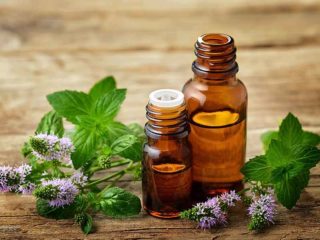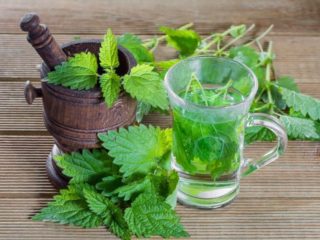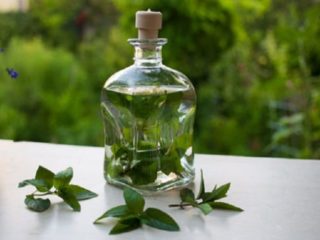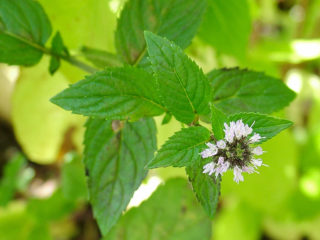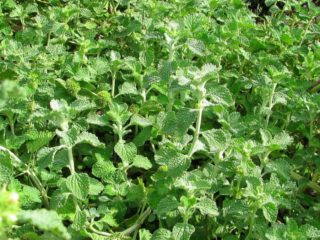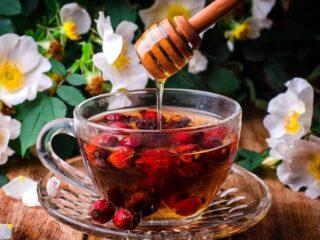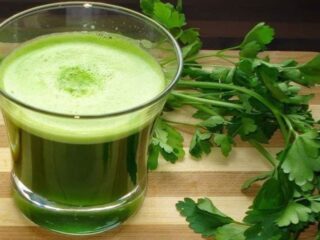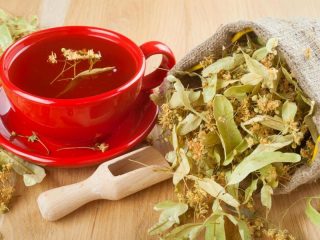Content
- 1 Description and characteristics of alfalfa
- 2 Chemical composition of alfalfa
- 3 Calorie content of alfalfa
- 4 What are the benefits of alfalfa grass for humans?
- 5 The use of alfalfa in folk medicine
- 6 How to use alfalfa in cooking
- 7 The use of alfalfa in cosmetology
- 8 Contraindications to the use of alfalfa
- 9 Collection and preparation
- 10 Conclusion
- 11 Reviews from doctors about the use of alfalfa
The benefit of alfalfa lies in its beneficial effects on the human body. Before using raw materials, you should study its features and possible harm.
Description and characteristics of alfalfa
Alfalfa (Medicago) is a herbaceous plant or subshrub of the Legume family. It has a powerful root system and branched stems, reaching 1.5 m in height. Blooms with yellow, white, blue and purple tubular flowers depending on the variety, then bears small brown beans.
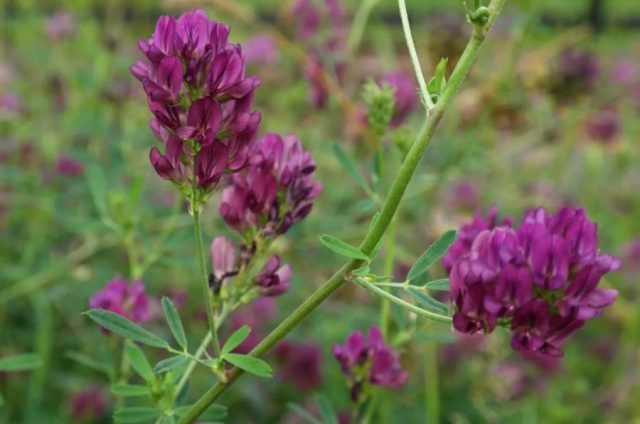
Alfalfa can bloom and bear fruit several times throughout the summer.
The Mediterranean is considered the homeland of the herb, but the culture can be found all over the world in warm and temperate climates. Alfalfa usually settles on forest edges, on the banks of rivers and lakes, and in dry fields.
Chemical composition of alfalfa
The beneficial properties of alfalfa microgreens are determined by the chemical composition of the plant. The raw materials contain:
- B vitamins;
- alimentary fiber;
- amino acids;
- flavonoids and antioxidants;
- ascorbic acid;
- iron and zinc;
- saponins and anthocyanins;
- vitamin PP;
- copper, calcium and phosphorus;
- vitamin A;
- magnesium, selenium and sodium;
- vitamins K and E;
- sodium and potassium;
- essential oils;
- fatty acid;
- phytoestrogens;
- alkaloids;
- chlorophyll.
The useful plant should be consumed in limited quantities. But when used correctly, it has a good anti-inflammatory, strengthening and calming effect.
Calorie content of alfalfa
Alfalfa sprouts have very low nutritional value. There are only about 23 calories per 100 g. At the same time, carbohydrates account for 4 g of the composition, while proteins and fats account for 0.2 g and 0.7 g each.
What are the benefits of alfalfa grass for humans?
Indications for the use of alfalfa advise using the herb for a wide variety of ailments. If you follow the basic rules, the plant:
- strengthens the cardiovascular system and prevents the development of atherosclerosis;
- reduces blood pressure;
- prevents the development of anemia;
- strengthens nails, joints and hair;
- has a beneficial effect on the condition of the skin;
- prevents strokes and heart attacks;
- helps with varicose veins and thrombosis;
- protects against the development of cancer;
- removes waste and toxins from the body;
- improves intestinal microflora and accelerates metabolic processes;
- normalizes the functioning of the endocrine system;
- regulates hormonal levels;
- strengthens the immune system and helps protect against viruses and colds;
- accelerates regeneration processes and rejuvenates the skin;
- promotes recovery from flu and colds;
- improves expectoration when coughing;
- soothes joint pain due to rheumatism and arthritis;
- reduces the level of bad cholesterol;
- helps with flatulence, constipation and bloating;
- eliminates heartburn after eating;
- promotes fast and safe weight loss;
- fights inflammatory processes;
- Lowers blood sugar levels and protects against diabetes.
It is recommended to use healthy alfalfa for cholesterol, as well as after serious illnesses and operations. The plant contains many amino acids and helps restore the body. You can take herbal decoctions and infusions if you are prone to swelling, since drinks quickly remove excess fluid from the tissues.
Benefits of alfalfa sprouts
The benefits of alfalfa sprouts lie primarily in their strengthening properties. Microgreens contain a large amount of vitamins and minerals, quickly boost immunity and improve stamina.
Useful sprouts cleanse the body of toxins and help restore the liver. You can eat them if you are prone to constipation, since greens contain a large amount of fiber. The benefits of sprouted alfalfa are that the plant prevents the development of iron deficiency anemia and accelerates tissue healing, reduces the risk of osteoporosis and strengthens blood vessels.
Benefits of alfalfa seeds
Vitamins in alfalfa are present not only in the sprouts, but also in the seeds. Regular consumption of plant grains helps strengthen the immune system. The seeds increase the overall tone of the body and improve the condition of blood vessels, normalize heart rate and equalize blood pressure.
The use of alfalfa in folk medicine
The beneficial properties of seed alfalfa are actively used in traditional medicine. Based on the plant, you can prepare tea or a concentrated medicinal decoction.
Tea
Alfalfa tea has good immunomodulatory and tonic properties. The drink helps protect against flu and colds, quenches thirst and removes swelling, and helps rejuvenate the body. Brew a useful remedy according to this recipe:
- About 10 g of dry raw materials are poured into a ceramic teapot.
- Pour in 500 ml of hot water.
- Cover with a lid and leave for 15 minutes.
- Pour into cups through a strainer.
It is not recommended to add sugar to alfalfa tea. But you can add a spoonful of natural honey - the beneficial effect will only increase.
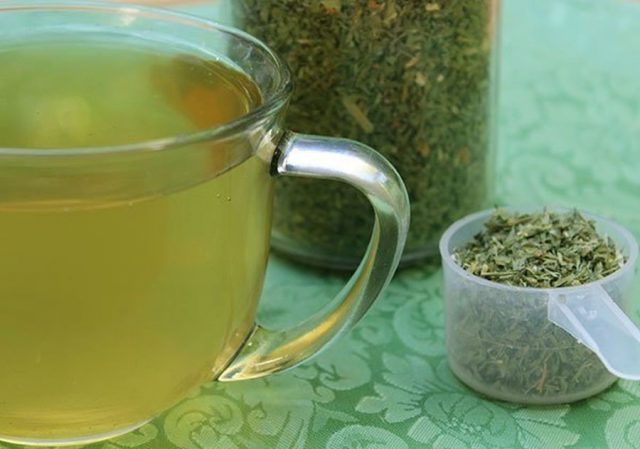
It is recommended to brew alfalfa tea not with boiling water, but with water at a temperature of about 85 °C
Decoction
Alfalfa decoction has a positive effect on blood vessels, stabilizes blood pressure and helps get rid of migraines. You can also take this useful remedy if you have problems with digestion - the drink speeds up metabolism and prevents the development of constipation.
Alfalfa should be brewed according to the following algorithm:
- About 100 g of dry plant material is poured into an enamel container.
- Pour in 500 ml of water.
- Bring alfalfa to a boil.
- Simmer over low heat for about ten minutes.
- Remove from heat and cool, then strain.
You need to drink 100 ml of alfalfa three times a day. Use the product half an hour before meals or shortly after meals.
How to use alfalfa in cooking
The healing properties of alfalfa are used not only for preparing medicinal drinks. Microgreen plants are used in cooking - they are added to salads and cold appetizers, and placed as a filling in baked goods.Sprouts go well with vegetables and meat, increasing the benefits of cutlets and casseroles. Microgreens can be added to the soup, but not in the first stages of preparation, but just before serving.
Alfalfa seeds are often ground to a powder and added to flour. Grinded grains and sprouts are also used in the preparation of vitamin cocktails.
The use of alfalfa in cosmetology
The beneficial properties and contraindications of alfalfa for women affect the cosmetology field. The plant is used to care for dry and problematic skin prone to frequent rashes. The beneficial raw material of alfalfa cleanses the epidermis of acne and blackheads, fights inflammation and prevents the appearance of scars. The herb can also be used to prepare rinses for weakened hair.
Moisturizing mask
Healthy alfalfa normalizes the water balance in skin cells, eliminates dryness and flaking of the epidermis. At home you can make this mask:
- Fresh alfalfa shoots are ground to a paste.
- Pour a small amount of boiling water over the raw materials.
- Leave the pulp until it cools.
- Apply to cleansed facial skin with massage movements.
You need to keep the useful mask on for 20 minutes. After time, its remnants are washed off with warm water and the skin is lubricated with a nourishing cream.
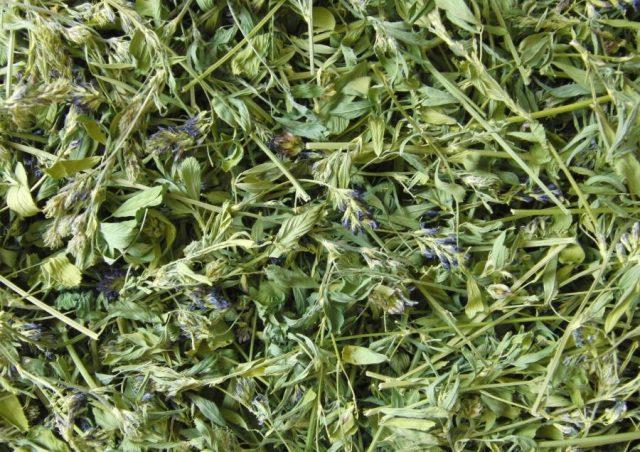
It is recommended to use cosmetics with alfalfa at least twice a week.
Rejuvenating mask
Alfalfa is beneficial for women as it fights premature skin aging and helps restore softness to the epidermis. At home, the following product is used for facial care:
- Grind fresh leaves and shoots of alfalfa using a blender.
- Squeeze the pulp through cheesecloth until clear juice is obtained.
- Pour 5 ml of the product into a glass container and dilute with the same amount of water.
- Add 5 g of natural honey.
- Mix the beneficial composition thoroughly and distribute it over the face.
After 20 minutes, remove the mask with warm water without using soap. The procedure is recommended to be carried out every other day for three weeks.
For hair loss
Alfalfa helps against hair loss - the beneficial substances in the plant strengthen the roots of the curls, returning strength and volume to the strands. For medicinal purposes the following remedy is used:
- Pour 20 g of dry alfalfa into 500 ml of boiling water.
- Leave covered until cool.
- Strain the sediment remover through cheesecloth.
The infusion should be used as a rinse after regular hair washing. To get a quick effect, use the product three times a week. Alfalfa not only stops hair loss, but also restores its pleasant shine and manageability.
Mask for problem skin
The benefits of alfalfa leaves are evident when caring for problem skin prone to redness, irritation and rashes. You can use plant raw materials according to the following algorithm:
- The dry herb is ground into a homogeneous powder.
- Pour 50 g of alfalfa into 500 ml of hot water.
- Add about 5 g of honey and mix thoroughly.
- Soak a clean gauze bandage in the mixture.
- Apply the mask to the face for 15 minutes.
- After the time has passed, remove the gauze and wash off the remaining product with warm water.
An infusion of alfalfa with honey can also be used for morning washes.The product will help restore a healthy color to your facial skin, prevent the appearance of the first wrinkles and eliminate rashes and irritations.
Contraindications to the use of alfalfa
The use of alfalfa grass by humans is not always beneficial. In some cases, it is better to refuse plant materials. In particular, you should not take infusions and decoctions:
- with individual intolerance;
- with lupus erythematosus;
- for problems with blood clotting;
- with exacerbation of stomach ulcers and pancreatitis.
Use healthy alfalfa with caution during pregnancy. It is better to avoid grass during lactation; it can cause allergies in the baby.
Collection and preparation
The collection of useful alfalfa for medicinal use is carried out in early summer at the peak of flowering of the crop. It is necessary to prepare raw materials in the morning before noon, in the absence of bright sun. The shoots along with the leaves are carefully cut off at a short distance from the ground and then washed to remove any contamination. The alfalfa is laid out in a shaded, warm place to dry and left until the moisture has completely evaporated. The raw materials should not be exposed to direct sunlight - ultraviolet radiation destroys the beneficial substances in the grass.
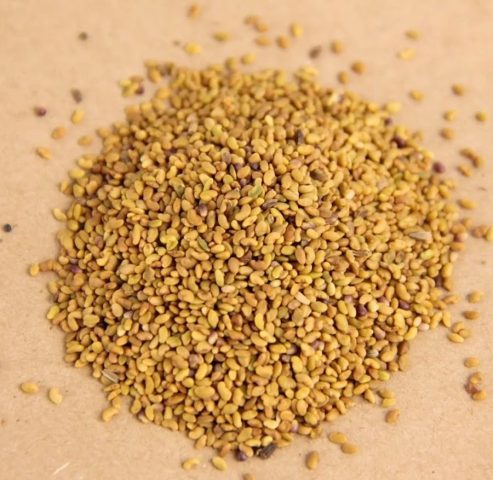
Alfalfa seeds are harvested in August
The dried raw materials are poured into a glass jar or paper bag. Useful alfalfa should be stored in an empty place at a temperature of no more than 25 °C. From time to time it is worth sorting out the grass to prevent the formation of mold. If all conditions are met, the raw materials retain their beneficial properties for up to two years.
Store alfalfa sprouts in a plastic container in the refrigerator. They have a short shelf life - only 5-6 days.Fresh leaves and stems of the plant are stored only for 2-3 days; they should also be kept in the refrigerator in a plastic bag.
Conclusion
The benefits of alfalfa extend to many body systems. The plant is used to normalize digestion and improve the condition of the heart and blood vessels. Alfalfa rarely causes harm, but you need to remember about possible contraindications.
Reviews from doctors about the use of alfalfa
